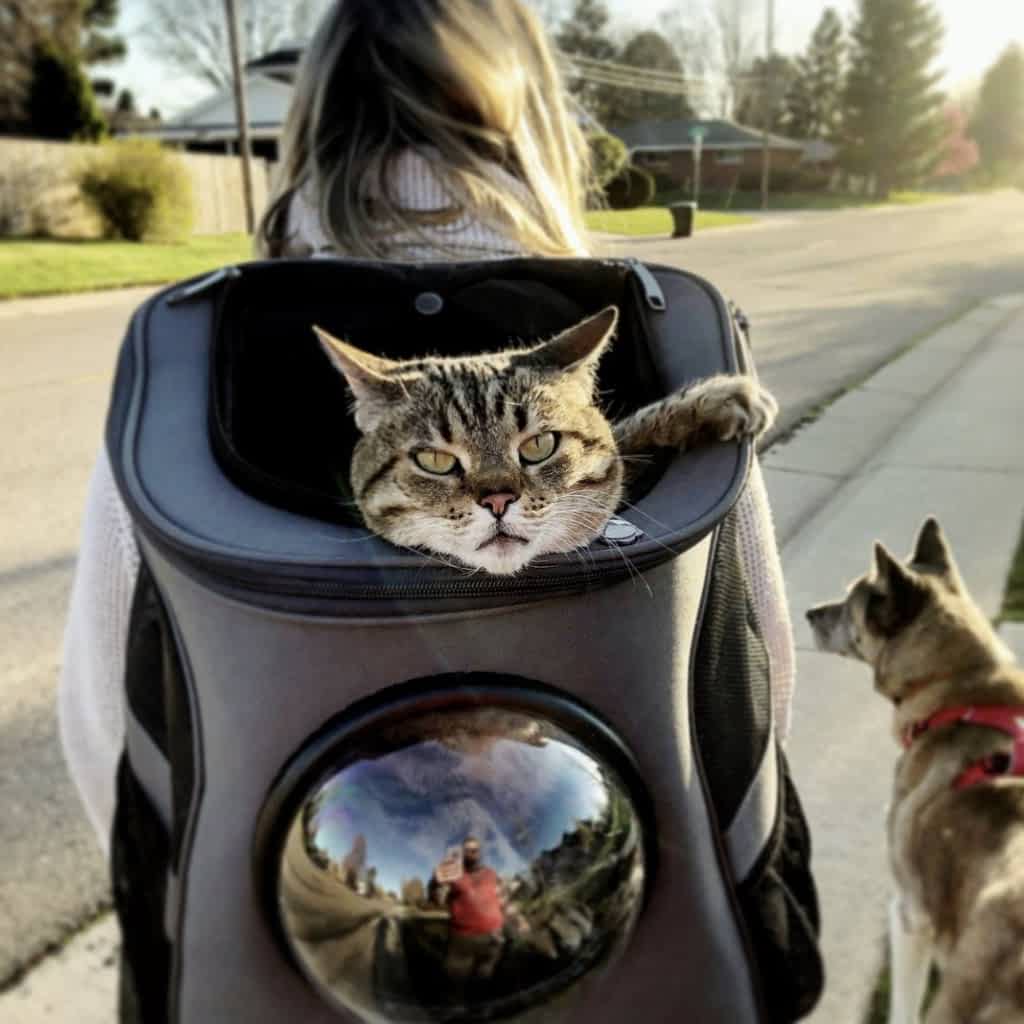
Felines are cherished companions in countless homes worldwide, and part of the responsibility of feline ownership involves selecting the right litter and litter box that fits both the requirements of our feline good friends and our own. With a myriad of options readily available, navigating through the options can be overwhelming. This guide aims to streamline that process, offering you with whatever you need to understand about cat litter, litter boxes, and systems.
The initial step in feline care is picking the best cat litter. Alternatives range from clumping, non-clumping, silica gel, natural, and natural varieties. Clumping litter is popular for its ease of cleaning, while non-clumping litter is typically cheaper and still efficient. Natural and natural litters provide environmentally friendly alternatives however can vary in their absorbency and odor control abilities.
Modern feline owners can select from a variety of litter box systems, consisting of automated and self-cleaning designs that offer convenience and lowered upkeep. These systems can be a considerable financial investment however are worth considering for those with busy way of lives.
Eco-conscious feline owners have several options, consisting of eco-friendly and flushable cat litters that reduce ecological effect. Nevertheless, it is essential to balance benefit with ecological issues, as some flushable litters might not be suitable for all plumbing systems.
Appropriate training is necessary, especially for kittens or cats transitioning to a new type of litter or box. Consistency and perseverance are crucial. Routine cleansing and upkeep of the litter box are crucial for the health and well-being of your cat, in addition to for smell control in your house.
The benefits and drawbacks of different types of cat litter are vast. Silica gel litter is highly absorbent and long-lasting but can be more expensive. Natural litters, while safer for the environment, may not control odors as effectively as synthetic options. Comprehending the particular requirements of your feline and your choices for upkeep can help in making the best choice.
When choosing a litter box, consider the size, shape, and style that will best suit your cat. Some felines choose open boxes, while others like the personal privacy of a covered box. Senior felines and kitties may need boxes with lower sides for easy access.
Smell control is a substantial issue for numerous cat owners. Choosing the right type Pine Pellet Cat Litter of litter, regular cleaning, and utilizing devices like smell eliminators and litter mats can help keep your home smelling fresh.
The health monitoring litters available today can alert owners to possible health concerns by altering color in reaction to changes in pH or the presence of blood. In addition, the ecological impact of cat litter is an important consideration, with lots of owners choosing eco-friendly or recycled choices.
Selecting the right cat litter, litter box, and upkeep regimen is vital for the health and joy of your cat, along with for keeping a tidy and odor-free home. By considering the requirements of your cat and the useful aspects of litter and litter box upkeep, you can produce a comfortable and sanitary environment for your furry buddy.
How often EcoFriendly Litter Boxes should I alter my cat's litter? It depends upon the kind of litter you're using and cat litter box self cleaning how numerous cats utilize the box. Clumping litter must be scooped daily, with the entire box altered every 2-4 weeks. Non-clumping litter frequently needs more frequent modifications.
Are automated litter boxes worth the financial investment? Choosing the ideal cat litter, litter box, and maintenance regimen is important for the health and joy of your cat, along with for keeping a clean and odor-free home. By thinking about the needs of your cat and the useful aspects of litter and litter box upkeep, you can produce a comfy and hygienic environment for your furry good friend. For numerous, the benefit and decreased upkeep of automated litter boxes make them a beneficial investment. Nevertheless, some felines may hesitate of them, so it's not a one-size-fits-all solution.
Can diet impact litter box odor? Yes, a feline's diet can considerably affect the odor of their waste. Premium, easily absorbable foods tend to produce less foul-smelling waste.
By understanding the huge world of cat litter, litter boxes, and systems, you're well on your way to offering a tidy, comfortable, and sustainable environment for your feline.
Picking the right cat litter, litter box, and upkeep regimen is important for the health and joy of your feline, as well as for keeping a tidy and odor-free home. By thinking about the needs of your feline and the useful elements of litter and litter box upkeep, you can create a comfortable and sanitary environment for your furry friend.
Comments on “Resolving Typical Litter Box Problems: Tips from Veterinarians”